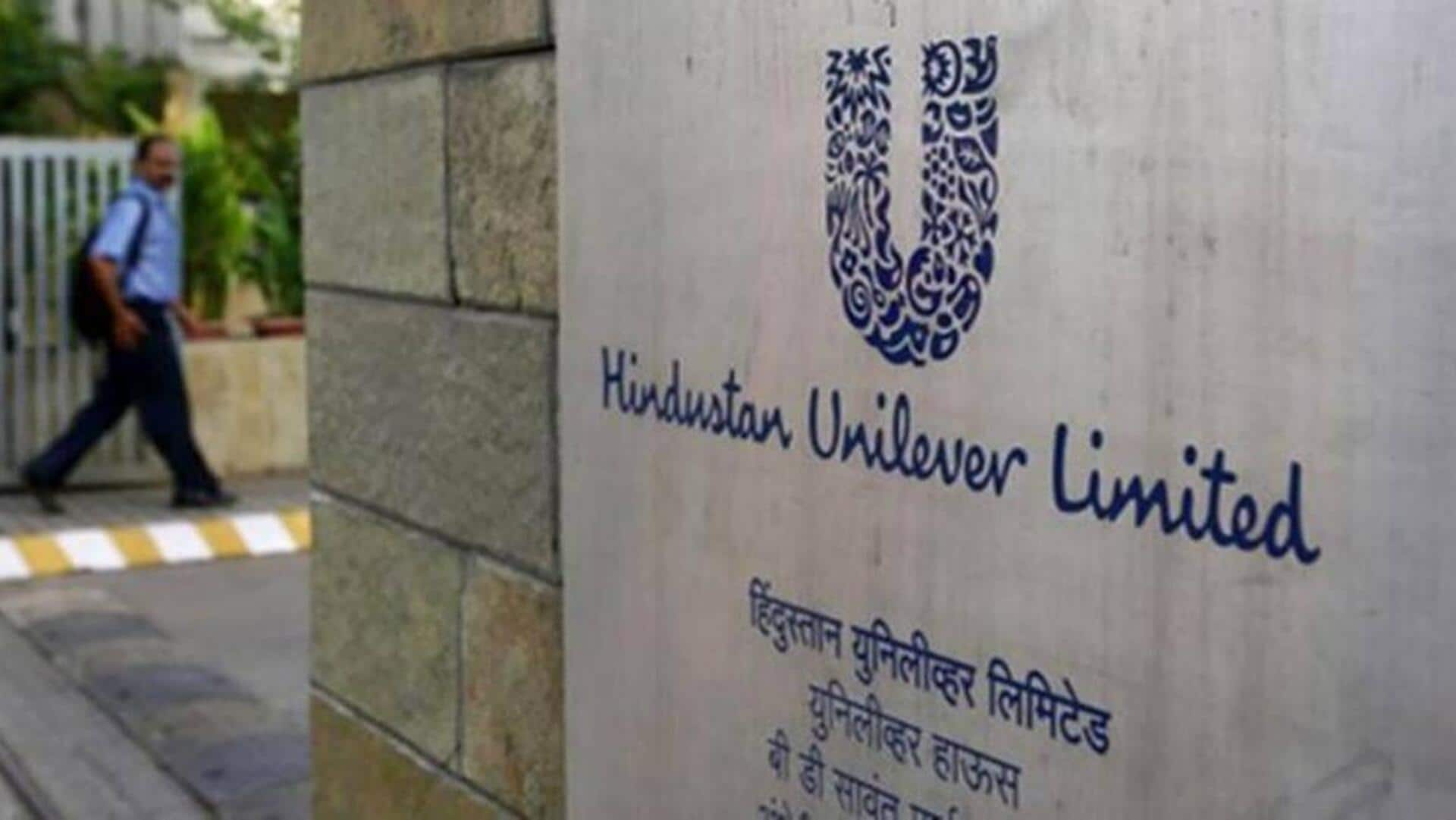
Why distributors are boycotting Hindustan Unilever products
What's the story
The Maharashtra State Consumer Products Distributors Federation (MSCPDF) and the All-India Consumer Products Distributors Federation (AICPDF) have initiated a phased boycott of products made by Hindustan Unilever Ltd (HUL). This comes after HUL's decision to change variable and fixed margins for distributors, which AICPDF claims is a "double standard approach, seemingly driven by a draconian agenda to boost company profitability." HUL argues that the new model will enhance service efficiency and provide higher earning potential for distributors.
Details
HUL has cut fixed margins by 60 basis points
HUL has cut fixed margins by 60 basis points while raising variable margins by up to 100-130 basis points for its distributors. AICPDF believes this change "suggests a shift in management strategy that may jeopardize the entire distribution network" and could force distributors to compromise their "rightful margins." The distributor organization also claims that HUL has a "significant gap" with 30% of areas lacking distributors, and the margin revision may push existing distributors out of business.
What Next?
What do the distributors demand?
Distributors are demanding a minimum basic margin of 5% and assurance that proposed incentive parameters won't interfere with their margin. They also want HUL to remove closed or non-existent outlets/retailers from its database and improve the central database. AICPDF alleges that "25 to 30% of claimed outlets are either closed or non-existent in the company coverage database," casting doubt on its accuracy.
Insights
Distributors to boycott Hindustan Uniliver in phases
The boycott started on January 11 with Taj Mahal tea as part of a non-cooperation movement. If unresolved, Kissan products will be boycotted from January 25, followed by RIN detergent on February 10. A non-cooperation is planned from March 1, including a demonstration involving 1,000 distributors at HUL's Mumbai head office. The forum also plans to inform retailers about alleged "dual policies" for trade and e-commerce companies, which they claim receive double the margin and exclusive offers compared to retailers.
Facts
Hindustan Unilever's response to distributors' allegations
HUL maintains that the revised model will boost service efficiency and offer higher earnings for distributors. It noted that the new model was tested with distributors in over 100 cities before launch. The company reported disappointing Q3 results with net profit rising a mere 0.6% year-on-year (YoY) to Rs. 2,519 crore. Revenue from operations decreased 0.3% YoY to Rs. 15,188 crore, missing estimates.